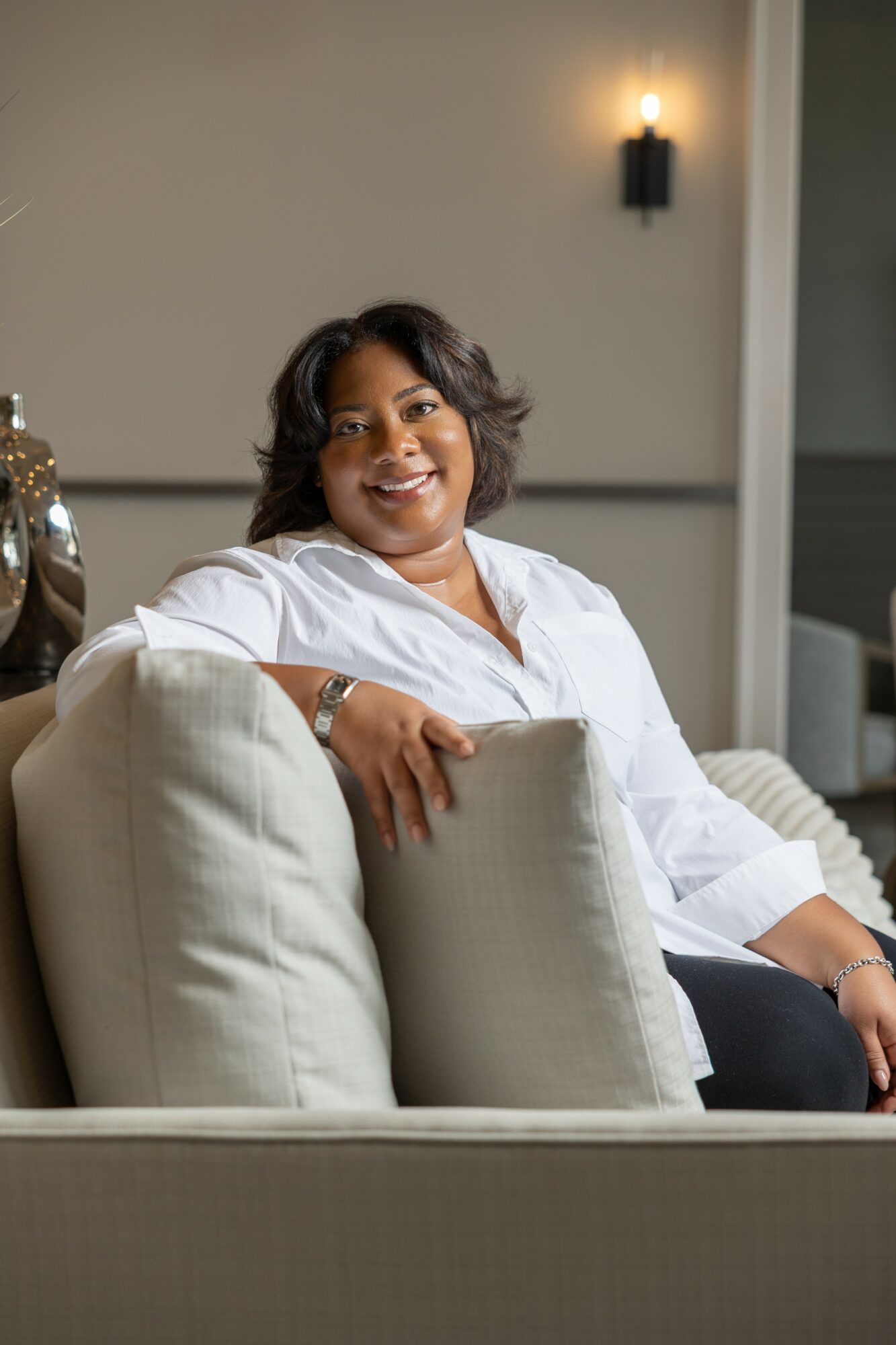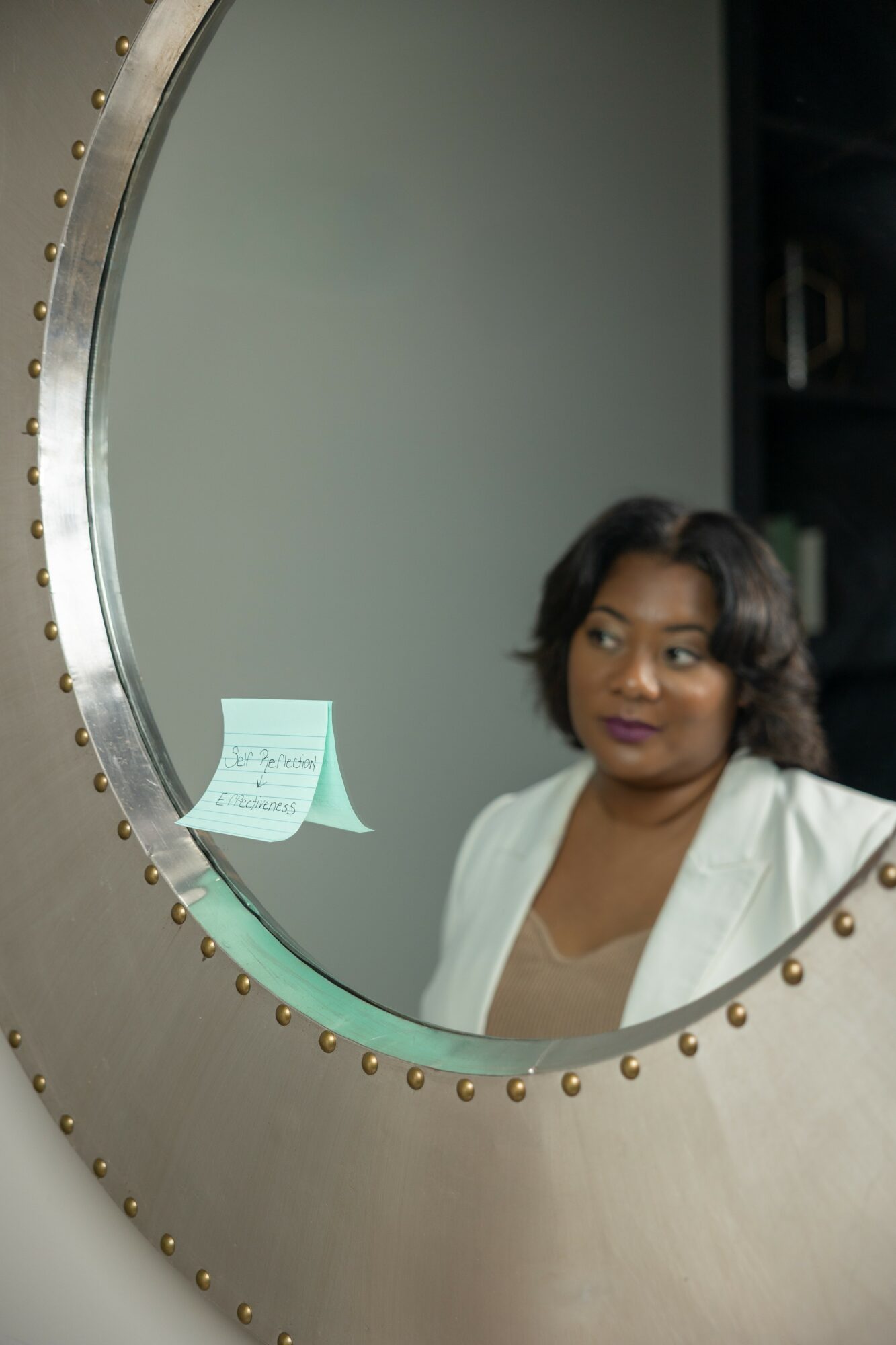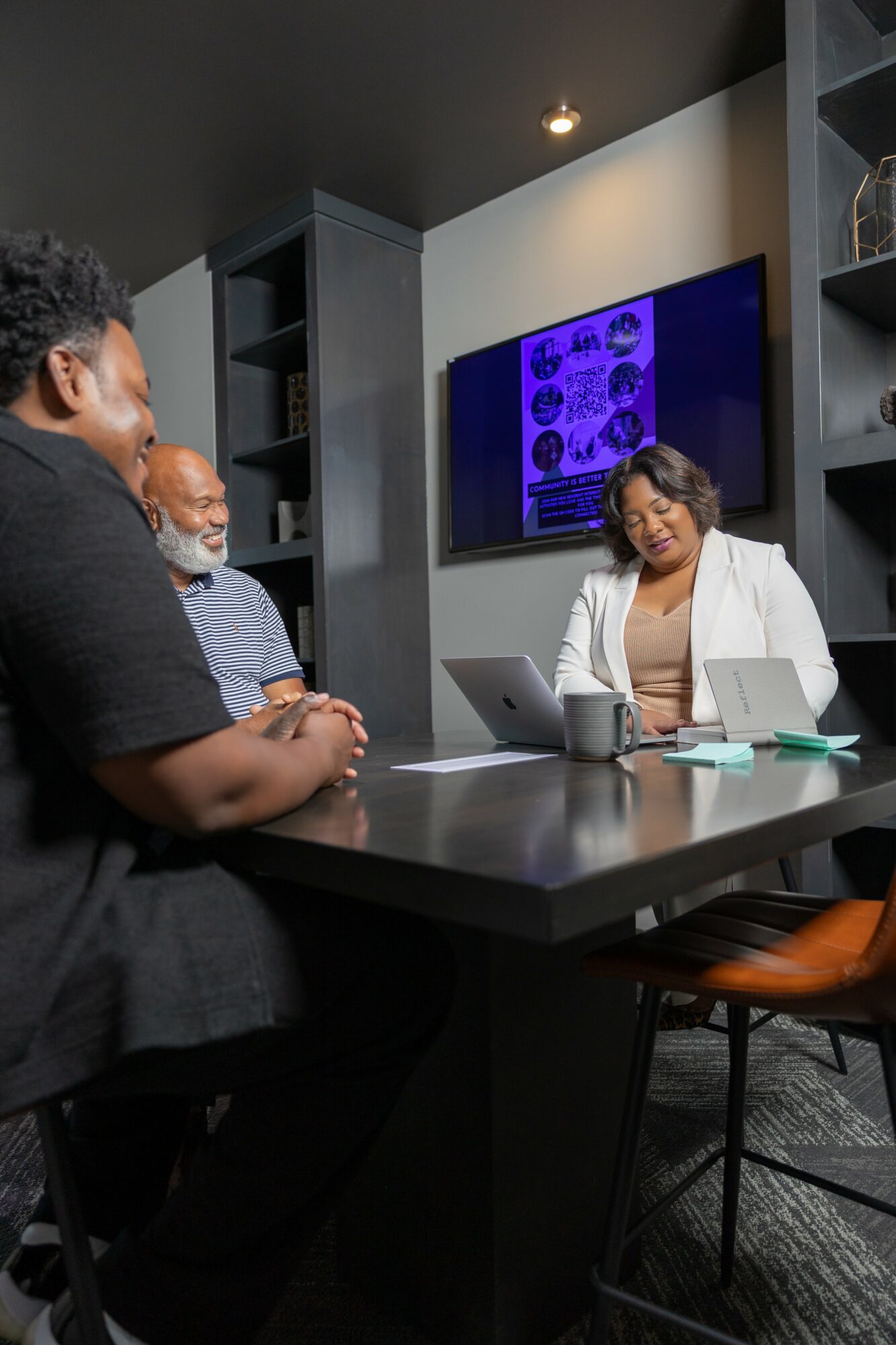

Today we’d like to introduce you to Jamaria Welch.
Hi Jamaria, we’d love for you to start by introducing yourself.
A question that immediately provokes thoughts of significant figures in my life, rather than specific occurrences. My passion for serving others was founded on examples of community service, outreach, and caring for others that began right inside my home. Growing up in a very rural county of North Carolina, the need for community service was always present.
My early days were spent watching my grandparents, who lived on very fixed incomes, prioritize the needs of others. Both of my grandmothers used their culinary skills—one a great all-around cook and the other a talented baker—to serve the community. My grandfather, one of the strongest people I knew, used his farming skills to help others. Through my interactions with them, I learned the importance of humility and of meeting people where they are.
My mother and many others in my life were educators; my father worked in public safety; a host of my aunts were nurses. Service was all around me, and the question of “How can I make a difference?” naturally followed. One psychology course became the stepping stone to my journey toward becoming a Licensed Clinical Social Worker.
Today, I spend my time walking alongside others as a Licensed Clinical Social Worker, leading a self-founded mental health practice built on the principle of “reclaim by reframing.” This concept centers on helping people embrace their stories and empowering them to control their own narratives.
I like to think my journey into counseling began as early as high school—or even middle school (smile). I recall being selected as a peer counselor, and recently I found old yearbooks with messages from classmates that read, “Thanks for being a great listener” and “Thanks for helping me get through.”
Formally, my service in the field of mental health began 21 years ago. My early work focused on supporting at-risk youth to prevent placement outside of their homes in detention centers, foster care, or other settings. During this time, I had the opportunity to provide wraparound services not only to the young individuals at the center of care but also to their families. While this work was rewarding, it exposed me to many challenges in delivering mental health services.
I encountered barriers rooted in cultural expectations, spiritual beliefs, economic strain, and—above all—the stigma surrounding mental health. I quickly realized that the only way to make a true difference was by breaking that stigma, and the best way to do that was to meet people right where they are. I discovered that being relatable and creating a safe space for people to share their stories was the key.
Each day, I wake up with the mission to do just that. As I answer this question, it is my hope that someone will read my words, find them relatable, and feel empowered to make a change.
We all face challenges, but looking back would you describe it as a relatively smooth road?
Were there challenges? Absolutely. But those challenges turned into motivation.
The struggles of early career development in mental health can feel both common and uniquely personal. When starting out, you’re often required to cover the cost of supervision—a difficult task when you may not yet be making a sustainable income.
One specific challenge stands out for me. While I mentioned that I was surrounded by many who worked in service-related careers, cultural expectations, spiritual beliefs, and stigma around mental health weren’t just present at a broad, societal level—they existed right in the community where I was raised. This made it especially difficult to find a mentor who shared a common understanding of my experience.
Only a small percentage of therapists nationwide are Black. Having no direct role model in my chosen career path was a significant challenge. That’s why it became so important for me to strive to become one of those faces.
While I now find it deeply rewarding to serve a very diverse group of clients in my practice, my initial mission was to sit across from individuals in my own ethnic community and let them know: it’s okay not to be okay. The “push-through” mentality can be motivating, but it can also be exhausting. We can remain aligned with our spiritual beliefs while still finding a safe space with a counselor—both inside and outside of the church.
As you know, we’re big fans of J.D. Welch Counseling PLLC. For our readers who might not be as familiar what can you tell them about the brand?
The name of my organization is J.D. Welch Counseling, PLLC. The name itself is symbolic, and every detail of my practice is rooted in the founding philosophy. By reflecting on my own journey—from beginning to now—I was able to create a brand that I am proud of, not only because it is unique to me, but because it aligns with my mission.
The name is reflective of my early independence. I have now been in a wonderful marriage for seven years, and when developing the business with my husband’s input, we decided that while I own and operate the practice as Jamaria Welch White, I didn’t have to lose the individuality and independence I built along the way.
The signature colors of the business are green, symbolizing mental health awareness, and lavender, my grandmother’s favorite color and a nod to one of my earliest role models in community service. The foundational motto, “Reclaim by Reframing,” was born from the belief that each of us has a story. My goal is to encourage others to reclaim control of their lives by celebrating their positive experiences while recognizing that they are not defined by the negative ones.
Through my work, I aim to empower individuals and families with skills to redefine and reconstruct challenges, or simply to find strength in owning their own narratives. They can choose to be survivors rather than victims. They can choose to stand out as uniquely different or to embrace independence over isolation. While we may not be able to control every circumstance, we can control the lens through which we view our experiences.
When asked what I want people to know about the brand, my answer is simple: it’s less about the brand itself and more about the mission. My grandfather often reminded me as a child that “people never forget how you make them feel.” Guided by that wisdom, I have always—and will continue to—welcome individuals of all ages, genders, orientations, and cultures to take the courageous step of acknowledging their story, finding strength in sharing it, and moving forward on their unique path to empowerment.
Any advice for finding a mentor or networking in general?
When finding a mentor, I often use the acronym G-A-I-N. This is the same framework I share with others during clinical supervision.
G – Goals
Before seeking a mentor, it’s important to be clear about your goals. This starts with self-reflection. You need to know where you are now and where you want to go.
A – Alignment
Mentoring is most effective when your mentor’s values align with yours. A strong mentor also engages in their own self-reflection and is willing to share their experiences. Their insights can challenge your assumptions and help you take intentional steps toward your goals.
I – Interview
Be willing to “interview” your mentor. Remember, this is a mutual relationship, and it needs to work for both of you. The fit should feel natural—like a good pair of shoes that you’re eager to put on again and again.
N – Nurture
Once you find a mentor who is a great fit, nurture that relationship. No one reaches the peak of their career alone. I was taught an important lesson as a child: “You reap what you sow.” My interpretation is simple—what you nurture will grow. Great mentors create space for growth, and in time, they help shape great mentors.
Contact Info:
- Website: https://jdwelchcounseling.com




















